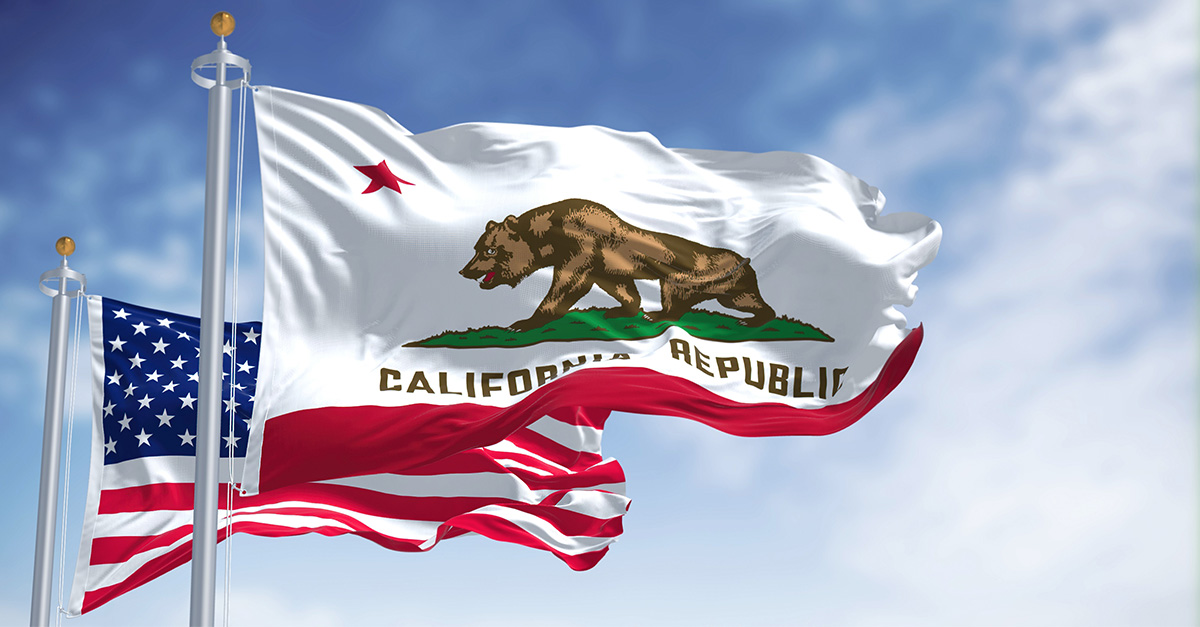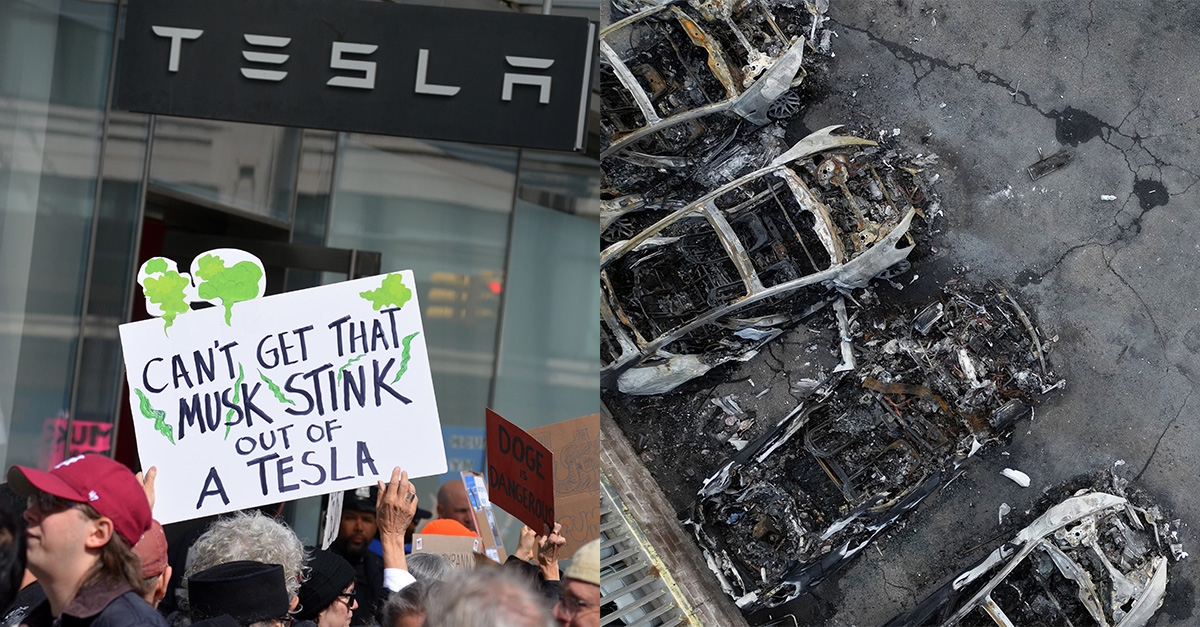


Get a free copy of Parental Rights & Education when you subscribe to our newsletter!

UPDATE: U.S. Surgeon General Vivek Murthy and the heads of other key executive agencies have asked the U.S. Supreme Court to block a temporary injunction put in place by two lower courts that would limit their interaction with social media companies, and the justices have agreed to hear their request.
Oral arguments will take place on September 22. The Plaintiffs, who include the states of Missouri and Louisiana, three medical doctors, and a conservative news organization, have until Wednesday, September 20, to file their response to the Biden administration’s application.
U.S. District Court Judge Terry A. Doughty put the original injunction in place in July after finding “substantial evidence” of “a far-reaching and widespread censorship campaign,” noting that during the COVID pandemic the U.S. government “seems to have assumed a role similar to an Orwellian ‘Ministry of Truth.’”
{Published on September 12, 2023} The Fifth Circuit U.S. Court of Appeals ruled Friday that the White House, the Surgeon General, the Centers for Disease Control and Prevention (CDC), and the FBI all coerced or significantly encouraged social media companies to censor content the government disagreed with on a variety of topics, including COVID and election information, saying that the pressure was so significant that the companies’ actions should be considered state actions.
The ruling came after District Court Judge Terry Doughty issued an injunction preventing a large number of state actors from having contact with social media companies in any effort to coerce or persuade them to moderate content. The Fifth Circuit weakened the injunction, but ruled that Doughty was not in error finding that the federal government did, in fact, unconstitutionally censor users.
The suit was brought by the states of Missouri and Louisiana, a Web-based news site, a healthcare advocate, and three medical doctors.
In its opinion, the appeals court wrote:
“For the last few years—at least since the 2020 presidential transition—a group of federal officials has been in regular contact with nearly every major American social-media company about the spread of ‘misinformation’ on their platforms. In their concern, those officials—hailing from the White House, the CDC, the FBI, and a few other agencies—urged the platforms to remove disfavored content and accounts from their sites. And, the platforms seemingly complied. They gave the officials access to an expedited reporting system, downgraded or removed flagged posts, and deplatformed users. The platforms also changed their internal policies to capture more flagged content and sent steady reports on their moderation activities to the officials. That went on through the COVID-19 pandemic, the 2022 congressional election, and continues to this day.”
The Fifth Circuit found that the most extensive communication and coercion came from the White House and the Surgeon General’s office. The court discussed numerous communications between the government and social media companies.
The judges wrote that these officials called on platforms to “remove undesirable posts and users from their platforms, sent follow-up messages of condemnation when they did not, and publicly called on the platforms to act. When the officials’ demands were not met, the platforms received promises of legal regime changes, enforcement actions, and other unspoken threats.”
The government’s actions were so consistent, and so coercive, that the court ruled that the companies capitulated, rendering any decisions they made as being, effectively, state decisions. The court ruled,
“[I]t is apparent that the officials exercised meaningful control—via changes to the platforms’ independent processes—over the platforms’ moderation decisions. By pushing changes to the platforms’ policies through their expansive relationship with and informal oversight over the platforms, the officials imparted a lasting influence on the platforms’ moderation decisions without the need for any further input. In doing so, the officials ensured that any moderation decisions were not made in accordance with independent judgments guided by independent standards… Instead, they were encouraged by the officials’ imposed standards. In sum, we find that the White House officials, in conjunction with the Surgeon General’s office, coerced and significantly encouraged the platforms to moderate content. As a result, the platforms’ actions ‘must in law be deemed to be that of the State.’”
The court found that the FBI also coerced the companies to take down posts regarding elections and that the CDC significantly encouraged censorship.
“[W]e do not take our decision today lightly. But, the Supreme Court has rarely been faced with a coordinated campaign of this magnitude orchestrated by federal officials that jeopardized a fundamental aspect of American life,” the judges ruled.
The court vacated most of Doughty’s injunction but held intact the injunction against these four offices ruling that they could no longer coerce or significantly encourage companies to censor content or amplify content.

Dr. Jay Bhattacharya, a leading epidemiologist at Stanford University, was one of the doctors the government censored and who challenged that censorship in this case. He said that he was “overcome with emotion” when he read the decision. Bhattacharya reasoned, “That is because the victory is not just for me but for every American who felt the oppressive force of this censorship industrial complex during the pandemic.”
He was censored for publishing the Great Barrington Declaration, on which he was joined by hundreds of thousands of signatories, which called for an end to policies resulting in one-size-fits-all lockdowns and school shutdowns.
Bhattacharya, an immigrant from India, once believed that such censorship was impossible in America, but he now knows otherwise. He penned,
“I am grateful for the resilience of the U.S. Constitution, which has withstood this challenge. But I can never go back to the uncomplicated faith and naive confidence I had in America when I was young.”
He continued,
“Our government is not immune to the authoritarian impulse. I have learned the hard way that it is only we, the people, who must hold an overreaching government accountable for violating our most sacred rights. Without our vigilance, we will lose them.”
The case may be appealed to the Supreme Court where Americans must hope and pray that the Court strikes down the government’s censorship. Remember when the government and social media companies claimed that no one was being censored or their posts being suppressed? Do you recall when it was considered a conspiracy theory to believe that the government was censoring individuals and companies who didn’t fall in line with official COVID narratives? Do you remember when elected officials, leading doctors, journalists, and others were smeared and canceled as “anti-science” for questioning anything about the government’s COVID response?
What you thought was happening actually was happening. Read the ruling and you will see the chilling nature of the government’s censorship. The anger, entitlement, and indignation the officials expressed whenever social media companies weren’t censoring to their satisfaction and the social media companies’ terrified and dutiful responses is harrowing.
Bhattacharya is correct in saying that vigilance is critical. As Americans we must continue to speak truth, object to authoritarian actions, and fight against all efforts to censor dissent. Otherwise, freedom, as we know it, will be lost.
The Church must be involved in public discourse and influence. That’s why we write — so our readers can be equipped to understand and pursue righteous change in the world. For more timely, informative, and faith-based content, subscribe to the Standing for Freedom Center newsletter.


Notifications